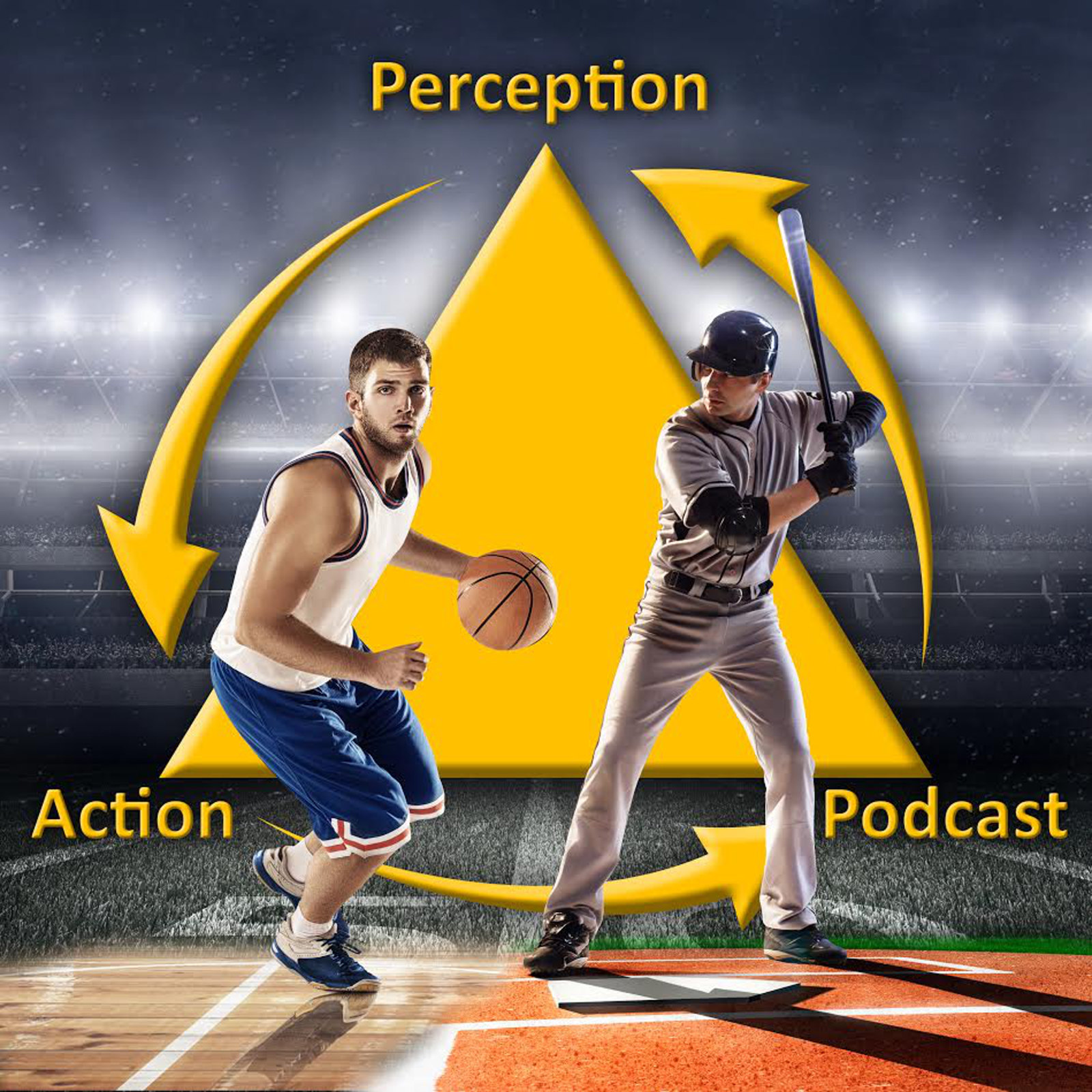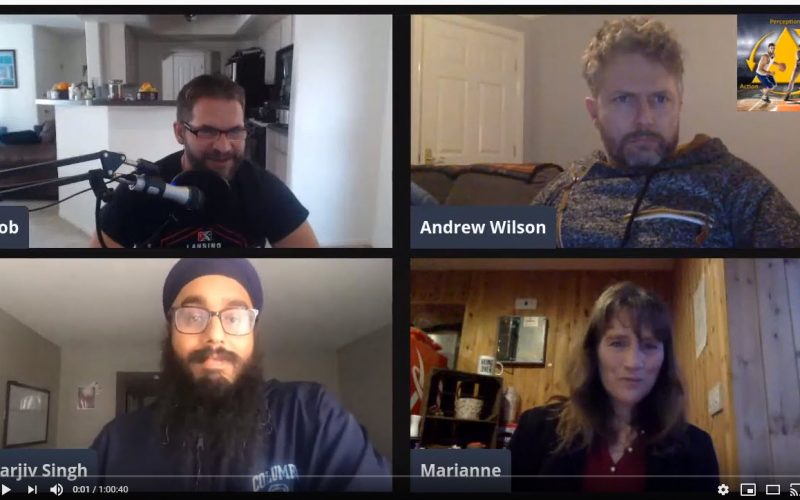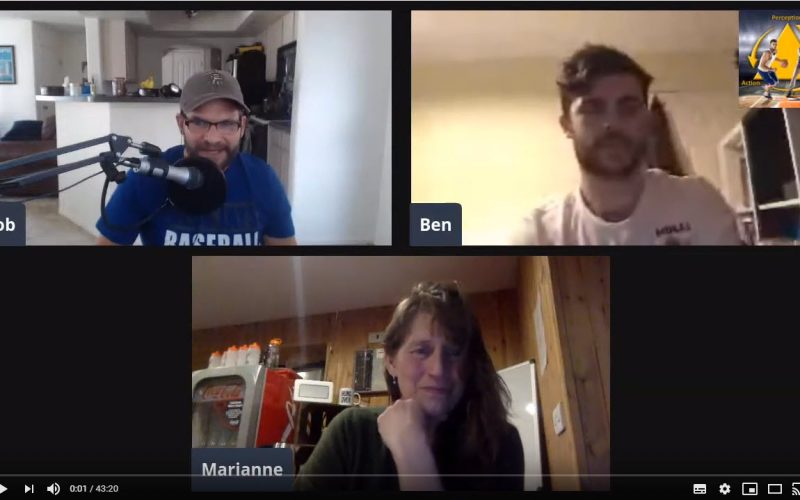177 – Journal Club #2 – Attractor Stability & Adaptation to Constraints
177 I am joined by @PsychScientists, @singh_harjiv and @Marianne_D1 to discuss new juggling study relating the stability of attractors in our intrinsic coordination and the ability to adapt to new task constraints.Download link Articles:The influence of attractor stability of intrinsic coordination patterns on the adaptation to new constraints More information:Subscribe in iOS/AppleSubscribe in Android/GoogleMy Research…
Read More

